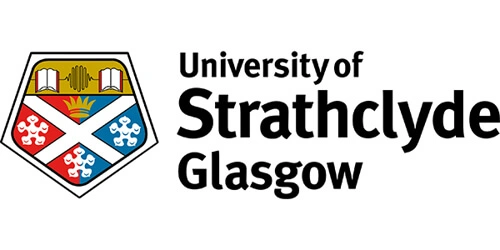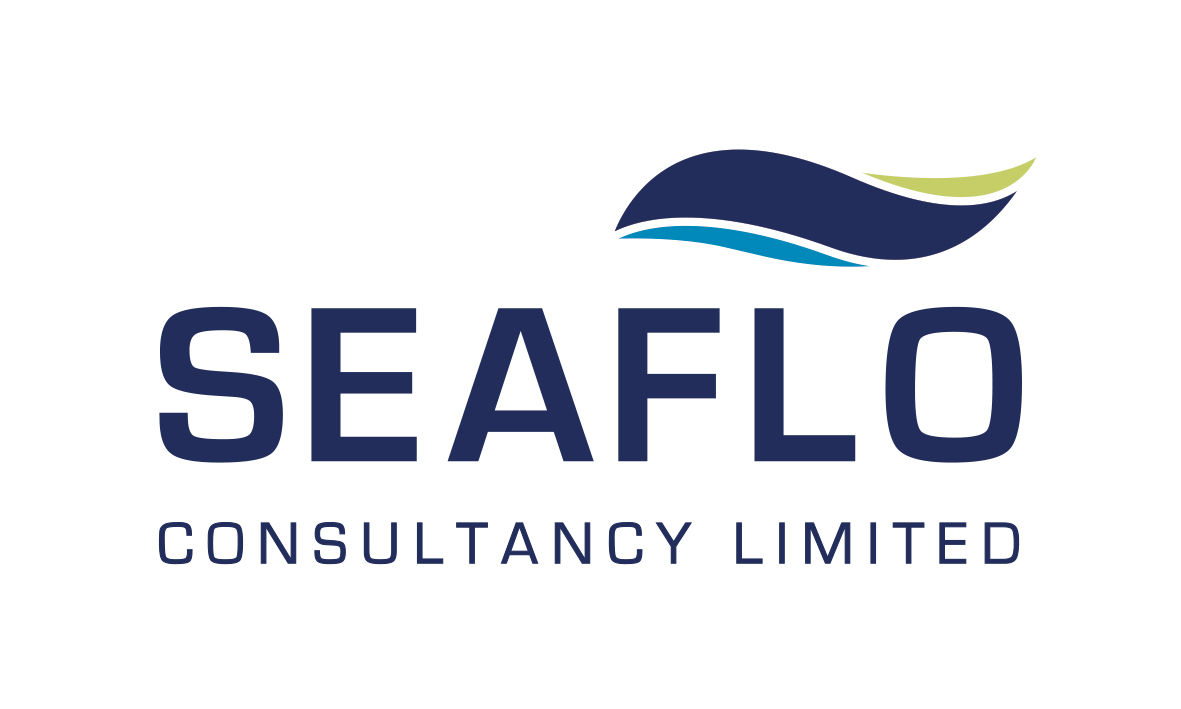The need for a transition to net zero carbon energy production and distribution systems is a fundamental driver of the response to the present climate emergency. The North Sea region is the heart of offshore energy production for Europe, with Aberdeen and North-East Scotland a global hub for oil and gas and an increasingly large player in offshore renewables.
The transformation of the energy sector from carbon to hydrogen and renewables poses huge industrial and environmental challenges: large changes are required to infrastructure, workforce, operations and supply chains. Lead times are long, project costs run into the billions and complexity and uncertainty are high.
In recent years, many industries across the globe have already undergone dramatic transformations, often grouped under the term “Industry 4.0”. Academic advances in machine learning and optimisation, sensing and imaging, data science, virtual reality, advanced manufacturing, high performance computing and advanced engineering are being combined into novel technological capabilities that positively disrupt traditional practices, enabling massive productivity gains, creating new industries and facilitating a high-wage knowledge economy.














